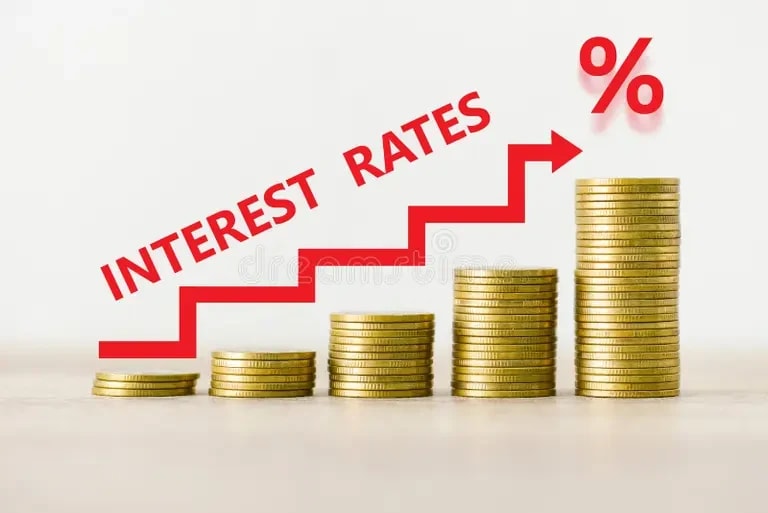In the world of real estate, few factors are as influential and complex as interest rates. Whether you're a seasoned homeowner or a first-time buyer, understanding how interest rates work can make a significant difference in your financial journey. In this guide, we'll delve into the ins and outs of real estate interest rates, demystifying the terminology and offering practical insights to help you navigate the market with confidence.
What Are Real Estate Interest Rates?
Real estate interest rates refer to the percentage charged by lenders for borrowing money to purchase a property. These rates can fluctuate based on various economic factors, including inflation, market conditions, and government policies. Typically, interest rates are determined by central banks, such as the Federal Reserve in the United States, which sets the benchmark rate that influences borrowing costs across the economy.
The Impact of Interest Rates on Homebuyers
Interest rates play a crucial role in determining the affordability of homeownership. When interest rates are low, borrowers can access cheaper financing options, resulting in lower monthly mortgage payments. Conversely, high-interest rates can make borrowing more expensive, potentially reducing the purchasing power of homebuyers and impacting housing affordability.
For example, let's consider a hypothetical scenario where the prevailing interest rate is 4% on a 30-year fixed-rate mortgage. A homebuyer looking to purchase a $300,000 property with a 20% down payment would have a monthly mortgage payment of approximately $1,145. If the interest rate were to increase to 5%, the monthly payment would rise to around $1,288, representing a significant difference over the life of the loan.
Factors Influencing Interest Rates
Several factors can influence fluctuations in real estate interest rates:
-
Economic Conditions: Interest rates tend to rise during periods of economic growth and fall during recessions. Strong economic indicators, such as low unemployment and robust consumer spending, can signal potential rate hikes by central banks to control inflation.
-
Inflation: Inflation erodes the purchasing power of money over time. Central banks may raise interest rates to combat inflationary pressures by reducing the money supply and slowing down economic activity.
-
Monetary Policy: Central banks use monetary policy tools, such as adjusting the federal funds rate, to regulate economic growth and inflation. Changes in monetary policy can directly impact interest rates, influencing borrowing costs for consumers and businesses.
-
Global Events: Geopolitical tensions, international trade agreements, and global economic trends can all influence interest rate movements. Uncertainty in global markets may lead investors to seek safe-haven assets, affecting bond yields and mortgage rates.
Strategies for Navigating Interest Rate Fluctuations
While interest rates are influenced by external factors beyond individual control, there are several strategies homebuyers can employ to navigate fluctuations in the market:
-
Monitor Market Trends: Stay informed about economic indicators and market trends that could impact interest rates. Pay attention to announcements from central banks and financial institutions for insights into potential rate changes.
-
Shop Around for Rates: Don't settle for the first mortgage offer you receive. Explore multiple lenders to compare interest rates, terms, and fees. Even a small difference in interest rates can result in significant savings over time.
-
Consider Locking in Rates: When interest rates are favorable, consider locking in your rate with a lender to secure the current rate for a specified period. Rate locks offer protection against potential rate increases during the home buying process.
-
Maintain a Strong Credit Profile: Your credit score plays a significant role in determining the interest rate you qualify for. Take steps to improve your creditworthiness by paying bills on time, reducing debt, and monitoring your credit report for errors.
Conclusion
Real estate interest rates are a fundamental aspect of the home buying process, impacting affordability and financial stability for homeowners. By understanding the factors influencing interest rates and implementing strategic approaches, homebuyers can make informed decisions to achieve their homeownership goals. Stay vigilant, stay informed, and leverage the expertise of real estate professionals to navigate the ever-changing landscape of interest rates with confidence.




